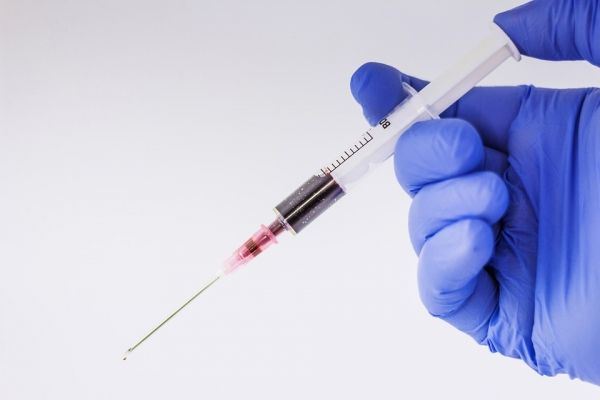An antibody-based treatment can gently and effectively eliminate diseased blood-forming stem cells in the bone marrow to prepare for the transplantation of healthy stem cells, according to a study in mice by researchers at the Stanford University School of Medicine.
The researchers believe the treatment could circumvent the need to use harsh, potentially life-threatening chemotherapy or radiation to prepare people for transplant, vastly expanding the number of people who could benefit from the procedure.
“There are many blood and immune disorders that could be cured by a transplant of healthy stem cells,” said Judith Shizuru, MD, PhD, professor of medicine at Stanford. “But the pre-treatments necessary to get the healthy cells to transplant effectively are so toxic that we can’t offer this option to many patients. A treatment that specifically targets only blood-forming stem cells would allow us to potentially cure people with diseases as varied as sickle cell disease, thalassemia, autoimmune disorders and other blood disorders.”
Shizuru is the senior author of the study, which will be published online Feb. 11 in Blood. Postdoctoral scholar Wendy Pang, MD, PhD, and assistant professor of pediatrics Agnieszka Czechowicz, MD, PhD, share lead authorship of the work.
Read more at Stanford Medicine
Photo Credit: frolicsomepl via Pixabay


